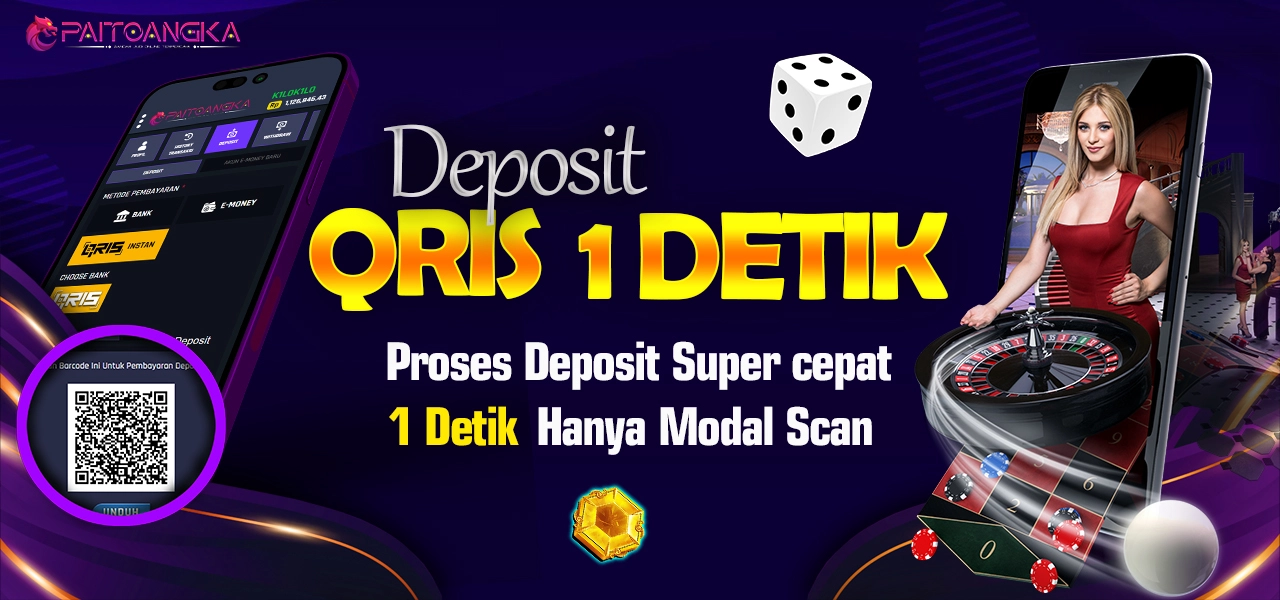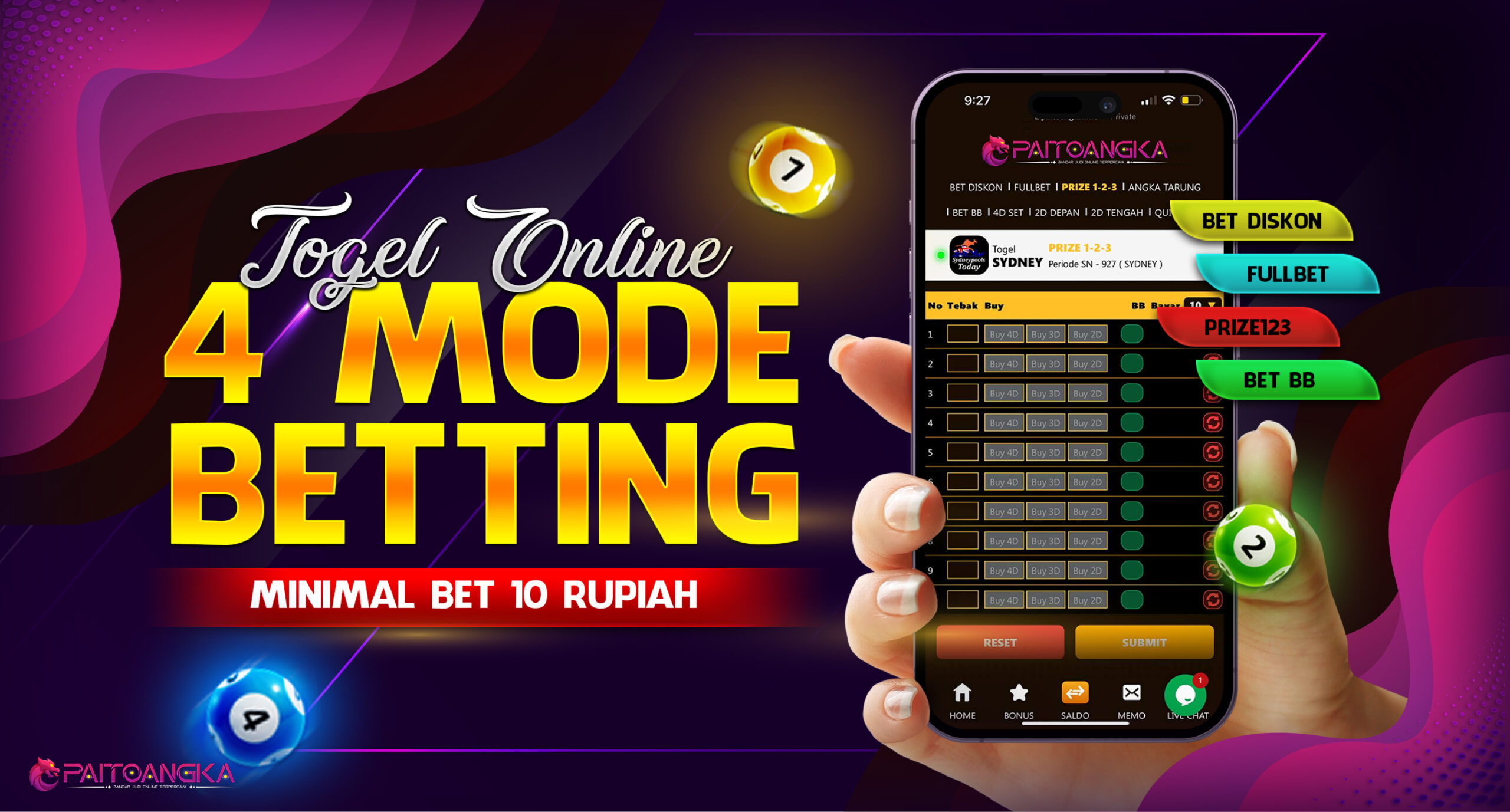The word “bet” has evolved over time, encompassing a wide range of meanings and uses, 11bet both in the context of gambling and beyond. While it is commonly associated with wagering money or valuables, it has also permeated everyday language, becoming a cultural symbol of risk-taking, confidence, and even a way to assert one’s beliefs or predictions. This article explores the diverse facets of “bet,” from its origins to its role in modern conversation and society.
The Origins of “Bet”
The concept of betting can be traced back to ancient civilizations, where games of chance and predictions were an integral part of various cultures. The word “bet” itself comes from the Old English “bette,” which means “to pledge” or “to wager.” In these early times, betting was often a communal activity, tied to social rituals, religious ceremonies, or even military outcomes. People bet on everything, from chariot races to the outcomes of battles or festivals.
Over the centuries, as society evolved, so did the concept of betting. In medieval Europe, it became more formalized, with bets placed in various games, particularly those involving dice and card games. By the 19th century, betting had been established as a popular pastime, especially with the rise of horse racing and other sporting events.
Betting as a Form of Entertainment
In the modern world, betting has become a massive global industry, with the proliferation of online gambling, casinos, and sports betting platforms. However, beyond the monetary aspect, betting serves as a form of entertainment for millions of people around the world. For many, placing a bet enhances the excitement of watching a sports event or engaging in a game, as it adds a layer of personal investment and potential reward.
Sports betting is particularly popular, as it allows fans to test their knowledge of teams, players, and statistics. The rise of fantasy sports leagues and mobile betting apps has made it easier than ever to place a wager, further integrating betting into everyday life. While some view it as a harmless hobby, others caution against the addictive nature of gambling and its potential negative impact on individuals and families.
The Rise of “Bet” in Pop Culture
Beyond the world of gambling, “bet” has found a place in modern slang and popular culture. It is often used to express confidence, agreement, or challenge in casual conversation. For instance, someone might say “I bet you can’t do that” to encourage another person to attempt something difficult or daring. Alternatively, “bet” can simply mean an affirmation of a statement, such as “I bet you’re right” or “Bet on it.”
In this context, “bet” has become a shorthand for certainty or challenge, used in both friendly banter and more serious conversations. The phrase “You bet!” has come to mean “Of course!” or “Absolutely,” while the use of “bet” in phrases like “I bet you 20 bucks” has expanded to include symbolic wagers that don’t always involve actual money.
The Psychological Side of Betting
The act of betting taps into a deep psychological desire for risk and reward. It involves predicting an uncertain outcome, and this uncertainty is what makes betting so enticing. Psychologically, betting can trigger the release of dopamine, the neurotransmitter associated with pleasure and reward. This is one reason why people can become hooked on gambling—especially when they experience winning streaks that create a sense of euphoria.
However, this “high” can also lead to the dangerous side of betting: addiction. Problem gambling is a serious issue, and many individuals find themselves chasing losses in a never-ending cycle. For this reason, it’s important for those who engage in betting to do so responsibly, setting limits and understanding the risks involved.
Betting in the Digital Age
In the digital age, the concept of “bet” has transcended traditional forms of gambling and entered the online space. Websites, apps, and social media platforms allow people to place bets on everything from sports outcomes to political elections, celebrity gossip, and even reality TV shows. The ease of access to these platforms has led to an explosion in online betting, with billions of dollars wagered globally each year.
Social media platforms have also popularized betting through “challenges” and viral trends, where people bet on the outcomes of various challenges or predictions. This has created a new form of betting that blends entertainment, social media influence, and the thrill of uncertainty. However, this also raises questions about the ethics of betting and whether such casual wagers could lead to more serious gambling issues down the line.
The Future of “Bet”
Looking ahead, the future of betting is likely to be shaped by technological innovations. Virtual reality (VR) and augmented reality (AR) could change the way people experience betting, creating immersive environments where people can place bets in simulated worlds. Blockchain technology, particularly with the rise of cryptocurrencies, may also play a significant role in reshaping the betting industry, offering decentralized platforms that provide greater transparency and security.
The continued growth of esports has also created new opportunities for betting, as fans wager on the outcomes of competitive video game tournaments. This new wave of digital betting is especially popular among younger audiences, who are comfortable with online transactions and gaming culture.
Conclusion
Whether in the form of a monetary wager, a casual challenge, or a form of entertainment, “bet” represents more than just a gamble—it is a reflection of human nature’s affinity for risk, prediction, and reward. From ancient civilizations to the modern digital age, betting has evolved into a significant cultural and social phenomenon. As it continues to grow in new and innovative ways, “bet” will likely remain a symbol of human confidence, competitiveness, and the enduring excitement of taking chances.





